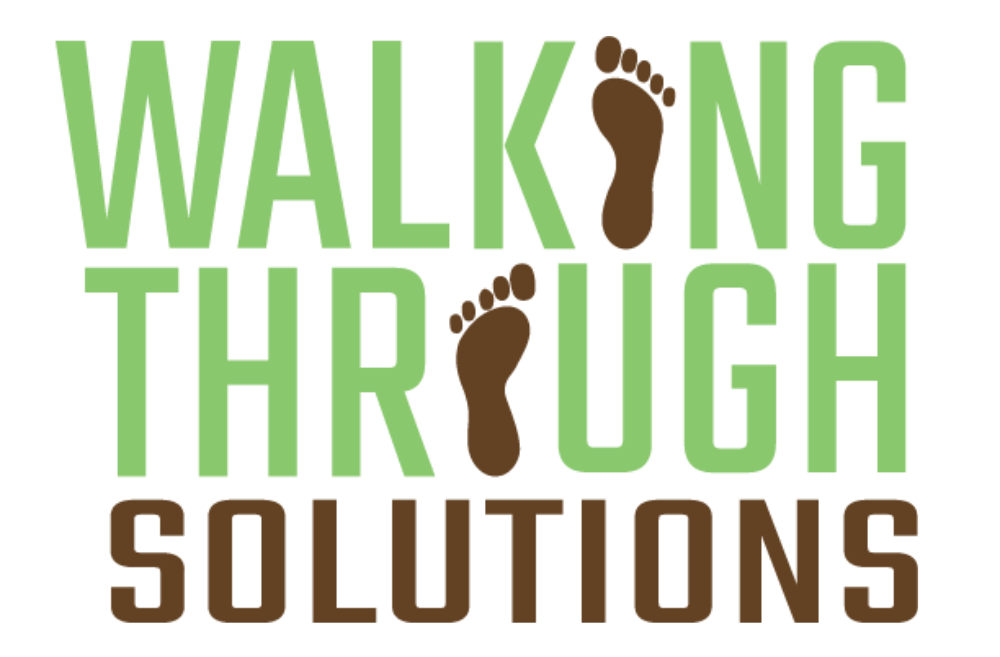Frequently Asked Questions
-
Counseling helps individuals identify issues, problems and difficulties caused by feelings and emotions, which can lead towards stress. Stress is listed as a silent killer, continuously not facing your feeling could trigger heart attacks, strokes, and even suicidal thoughts.
-
Counseling is a process of talking about and working through your personal concerns with a non-bias person. A counselor is trained in a positive way to help you to clarify issues and explore options, while developing strategies and increasing self-awareness.
-
Sometimes life throws major life events our way that may impact our mental health, such as death, loss of job, divorce or or any traumatic life event. Counseling can also be an outlet to have someone to open up and talk to without any judgment.
-
Evidence-based practice (EBP) is a process in which the counselor combines well-researched interventions with clinical experience and ethics, along with the client’s preferences and culture to guide and inform the delivery of treatments and services.
-
It provides a network, where individuals in a relationship can connect with others who can empathize and share advice. Many men find it hard to be vulnerable, research shows that supportive group settings nurture’s a safe atmosphere to relax and share.
